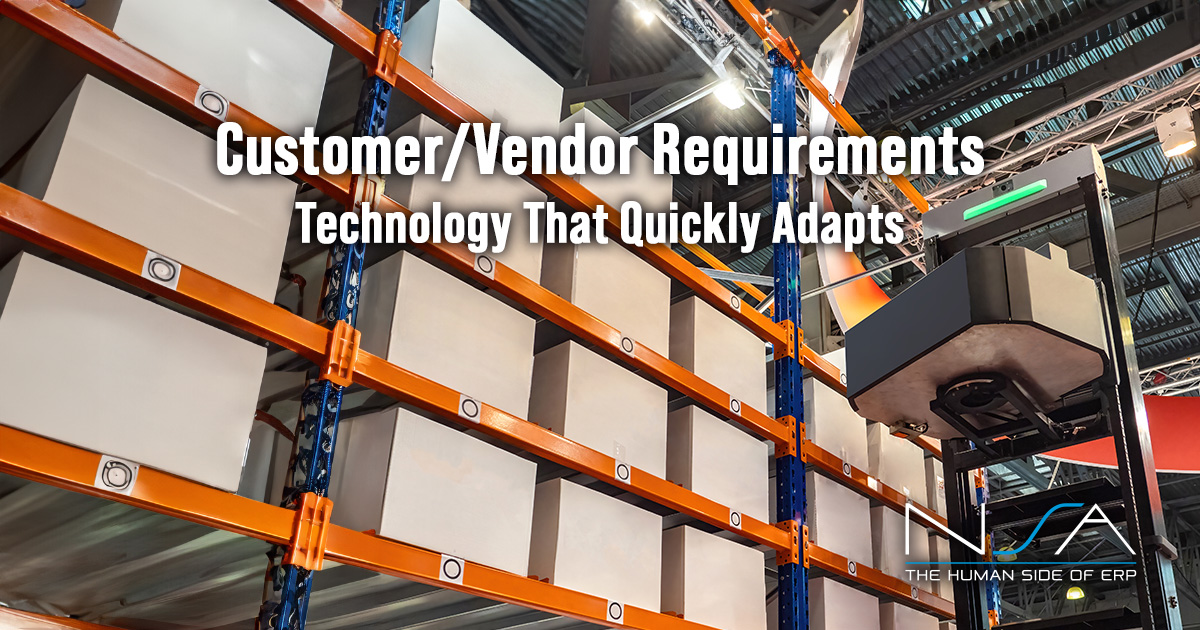Peace of Mind, Brought to You by…Cloud Computing?
Friday: 4:58 p.m.
It’s 4:58 p.m on Friday. You’re shutting your computer down and packing up, ready to head out the doors as soon as the clock strikes 5. You’ve already arranged for a babysitter for the night and you’re ready to go out and forget the long work week.
You’re now in the parking lot admiring your freshly washed car when out of left field a distracted teen plows into your ride. Anger, frustration, and even confusion (how does one hit a parked car?) begins to rise within you. But almost as soon as your hatred for distracted teens arose, it begins to subside. A Zen-like feeling takes over. You have peace of mind knowing you’re okay. Peace of mind knowing that your insurance covers events such as this. You know by this time Monday; you’ll be picking up your car from the shop – good as new.
We dutifully go through the process of insuring many aspects of our life: car insurance, health insurance, home insurance, and even pet insurance (yeah, that’s a thing). We do this because we know it will pay out in the long run. We do it to obtain a peace of mind.
Peace of Mind Through Cloud Computing
Consider cloud computing as insurance for your IT. Can you insure that your company can continue running successfully even after a catastrophic event such as a storm, loss of electricity, or flooding takes place?
Running your infrastructure, applications, and desktops in the Cloud can keep your business safe while being housed in a secure data center with the highest levels of security by true cloud professionals.
Why put the livelihood of your business at risk when there is an easier, safer option to consider?
Path to Enlightenment
1. Data Governance and Vendor’s Reporting Policies
Pain Point: You may not know that online storage solutions such as Dropbox or Google Drive are unofficially part of the public cloud. This can lead to critical data being leaked.
Solution: Establish data governance guidelines to upload authorized data only. This can help ensure your company is compliant with regulations like: PCI DSS, HIPAA, EU data protection, or other regulations. Scrutinize the contract to see that your cloud vendor does not own your stored data.
2. Encryption
Pain Point: Having the possibility of foreign entities intercepting or ‘peeking’ at your online stored data.
Solution: Use encryption for your data (encrypting data is like locking it in a box that can only be opened with a key). Ensure that you are the only one who knows your encryption key! Encryption further enables you to comply with data privacy laws in different countries.
Cloud Security: More Than Just a Term
Cloud security means:
- You know where exactly the data will be stored
- You know who is able to access your information
- You can improve the efficiency of your business operations
Remove the burden of supporting your IT infrastructure with vast expensive hardware / software and move to cloud computing for simplicity and reliability. Follow the link here to see how NSA offers cloud computing solutions!



